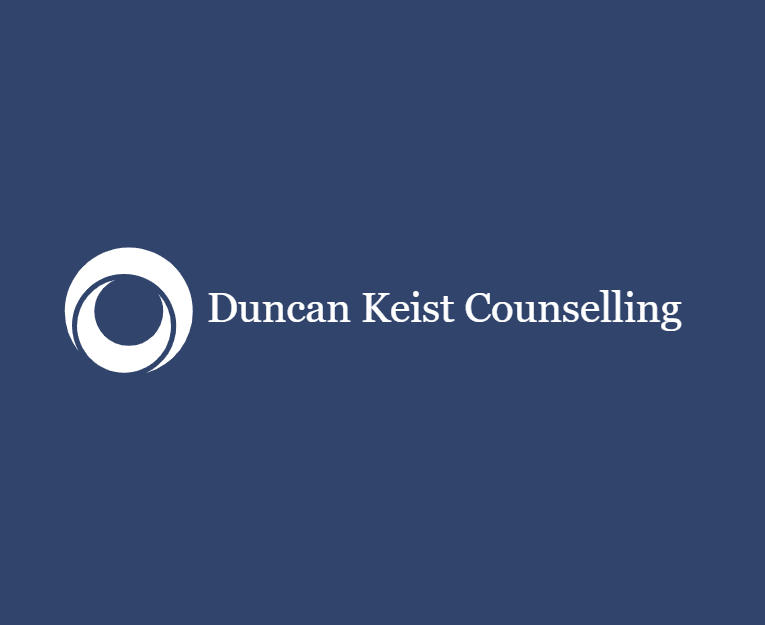Exploring the Latest Trends in Counselling Techniques
Understanding the Evolution of Counselling Techniques
In recent years, the field of counselling has seen remarkable transformations. Innovations in therapeutic approaches are reshaping how professionals support their clients. This evolution is driven by research, technology, and a deeper understanding of human psychology. For anyone involved in mental health, staying updated on these trends is crucial for effective practice.
One of the most significant changes is the integration of technology in counselling. Online therapy platforms are becoming increasingly popular, offering clients flexibility and accessibility. This shift not only broadens the reach of mental health services but also introduces new challenges and opportunities for practitioners.

Holistic Approaches Gaining Popularity
Holistic counselling techniques, which address the mind, body, and spirit, are gaining traction. Therapists are increasingly incorporating mindfulness practices, meditation, and yoga into their sessions. These methods help clients achieve a balanced state of well-being and are particularly effective in stress reduction and emotional regulation.
The use of art and music therapy is also on the rise. These creative forms of expression provide an alternative outlet for clients to explore their thoughts and emotions, especially for those who may find traditional talking therapies challenging.

The Rise of Evidence-Based Practices
Evidence-based practices continue to be a focal point in counselling. Techniques such as Cognitive Behavioral Therapy (CBT) and Dialectical Behavior Therapy (DBT) have a strong foundation in research, making them reliable options for many disorders. Counselors are increasingly trained to integrate these practices with other modalities to tailor interventions to individual client needs.
Moreover, motivational interviewing, which encourages clients to explore their ambivalence about change, is being widely adopted. This technique is particularly useful in addiction counselling and has proven effective in facilitating behavior change.

Embracing Cultural Sensitivity
Cultural sensitivity in counselling is becoming increasingly important as societies grow more diverse. Therapists are now more aware of the need to understand clients' cultural backgrounds and how these influence their mental health and treatment preferences. This trend highlights the importance of personalized care in achieving successful therapeutic outcomes.
Training programs are emphasizing cultural competence to equip therapists with the skills necessary to navigate diverse cultural contexts. This ensures that all clients receive respectful and relevant care that acknowledges their unique experiences.
Virtual Reality as a Therapeutic Tool
Virtual reality (VR) is emerging as an innovative tool in counselling. By creating immersive environments, VR can help clients confront and manage phobias, anxiety, and PTSD in a controlled setting. This technology not only enhances traditional therapies but also opens new avenues for patient engagement.

As these trends continue to evolve, it's clear that the field of counselling is moving towards more inclusive, flexible, and effective practices. By embracing these changes, therapists can better support their clients' diverse needs and contribute to the ongoing advancement of mental health care.
